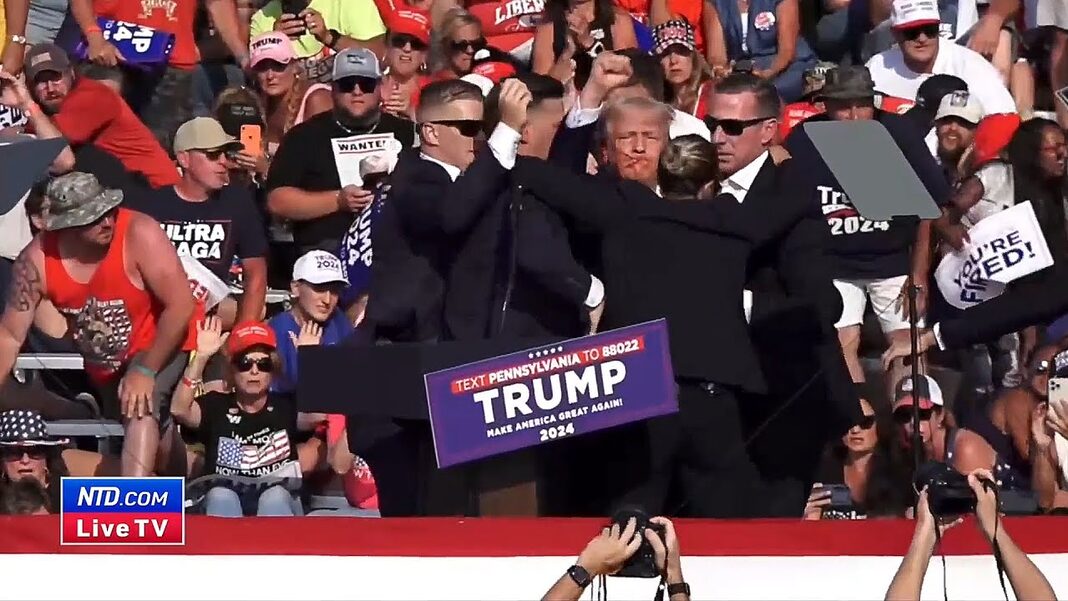Following the Supreme Court ruling that curbs federal agency power, lawmakers say Congress must write more specific laws.
WASHINGTON—The Supreme Court’s decision to strike down the Chevron deference, which had the effect of enhancing federal agency power, has been deemed a “seismic” change for U.S. administrative law.
Members of Congress tell The Epoch Times that they believe the Supreme Court ruling will equally shake up the process of lawmaking.
On June 28, in Loper Bright Enterprises v. Raimondo, the Supreme Court struck down its 40-year-old precedent in Chevron v. Natural Resources Defense Council, which required federal courts to defer to government agencies’ “reasonable interpretation” of ambiguous laws that the agencies enforce through federal regulations—even if the courts disagreed with those interpretations.
Chief Justice John Roberts wrote that the Loper Bright decision now empowers courts to “independently interpret the statute and effectuate the will of Congress.”
Members of Congress have since been considering how to update the way that laws and regulations are drafted to meet the requirements outlined by the Loper Bright decision, such that the “will of Congress” may be clear when regulations are challenged in court.
Specify Laws
Lawmakers on Capitol Hill indicated that several reforms to the legislative process are likely to follow the Loper Bright decision.
“This institution is going to have to change; how we staff committees is going to have to change, and how we work with the administrative state will have to change,” Rep. Patrick McHenry (R-N.C.), chairman of the House Financial Services Committee, told The Epoch Times.
“We’re going to have to be much more specific in the lawmaking exercise … we’re going to have to have committees that have more staff in order to accommodate specific legislative writing.”
He said Congress will “have to have some changes in our internal processes of what comes to the floor.”
“We don’t have the muscle memory of how to write laws specific enough … it’s muscle memory that has to be recreated here. And it’s possible but it’s going to be hard,” Mr. McHenry said. He briefly acted as the House Speaker pro tempore in 2023 after Rep. Kevin McCarthy (R-Calif.) was stripped of the gavel.
By Arjun Singh









